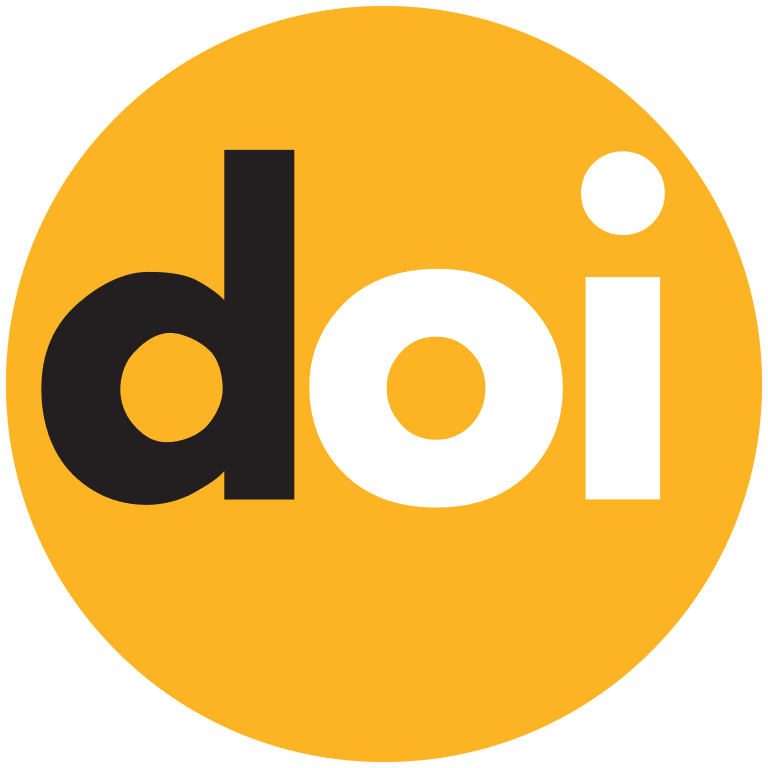Modern software development methods such as Agile have given customers a flexibility to provide new requirement input when development is on progress, but customers cannot access released products during development. Nowadays, DevOps is a new method of software development that is the solution to these problems. In general, the DevOps Method does not emphasize complete system requirements at the beginning of development. Instead, the formulated requirements are immediately drafted in the model, implemented, and deployed, so the customer quickly obtains an overview of the product. This paper aims to discuss forward and reverse engineering software development in DevOps infrastructure. This paper is limited to the discussion side of software development engineering, it does not discuss the side of daily operations such as the discussion of web servers and other subsequent processes. Through a case of developing an internal quality assurance system at UNSOED, it was shown that forward and reverse engineering did not affect the stability of software development and operation using the DevOps method. The results of the study show that forward and reverse engineering are parts of development phase, be done because of the existence of new requirements from customers or improvement from developer itself, be done concurrently with the operation phase.
Keywords: Automated Tools, DevOps, Object-oriented Development, ORM, Software Engineering


